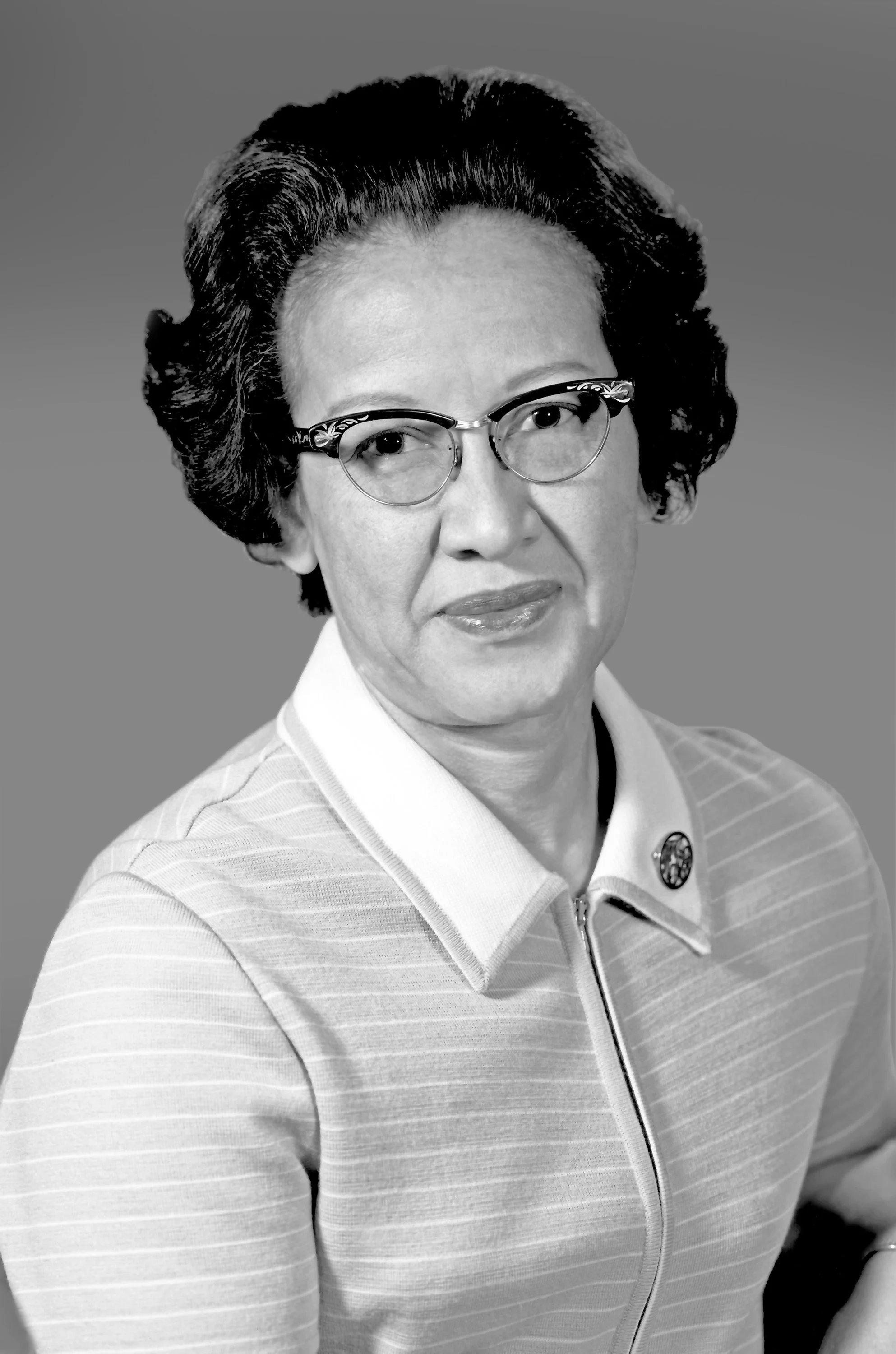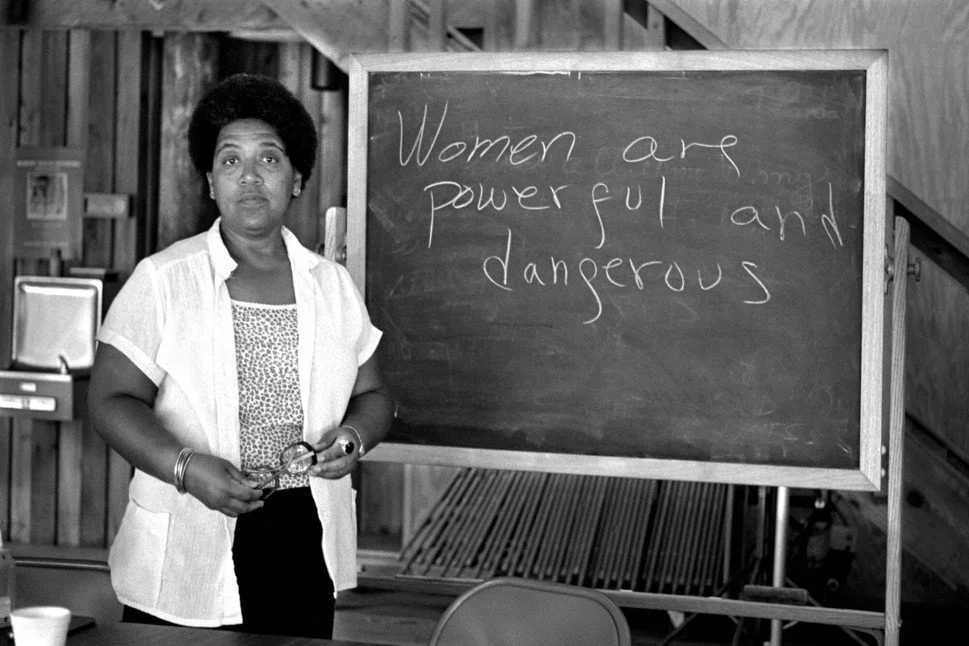Bell Hooks: Empowering Marginalized Women
Peyton Impola
“If any female feels she need anything beyond herself to legitimate and validate her existence, she is already giving away her power to be self-defining, her agency.”
In September of 1952, Gloria Jean Watkins was born in Hopkinsville, Kentucky–a small, segregated town. Watkins would grow up to be a world-renowned author and thinker. She would be best known by her pen name: bell hooks.
Gloria Watkins was born to working-class, African-American parents. She was one of six children in the family. Hooks’ father was a janitor, and her mother worked as a maid in the homes of wealthy, white families. Later in her life, Watkins described her struggle to create her own identity whilst growing up in a world of black, Southern culture, that was both “paradisiacal” and “terrifying.” Gloria Watkins had to attend racially segregated schools before she moved to an integrated school in the late sixties. After graduating from high school, Watkins attended Stanford University, where she graduated with her BA in English in 1973. From there, Watkins obtained her MA in English from UW-Madison in 1976, and her doctorate in English from the University of California, Santa Cruz in 1983. During these periods of her education, Watkins was writing. Adopting her maternal great-grandmother’s name as her own pseudonym, Gloria Watkins became bell hooks. Hooks purposely spelled her pen name in lowercase, wanting her audience to focus on her messages rather than her name. She explored the connections between race, gender, and class along with the varied perspectives of black women in feminist ideologies.
At age 19, hooks began writing her first work, entitled Ain’t I a Woman: Black Women and Feminism. The book examines themes pertaining to the historical impact of both racism and sexism on black women. Hooks delved into the devaluation of black womanhood, the idea of a white supremacist-capitalist-patriarchy, the marginalization of black women, the education system, and how the media portrays black women. Hooks backs up her explorations and claims with historical evidence, predominantly pertaining to enslaved black women. Ain’t I a Woman was valued highly in the years following its publication, with reviewers naming it one of the most important feminist texts to ever be published.
Hooks continued to write and publish her thoughts and findings. Her works ranged from topics like black men and the patriarchy, to personal memoirs, to sexuality, and more. She quickly climbed the ranks as an esteemed feminist thinker, and eventually, she became an educator in the post-secondary world. Hooks taught and lectured on feminism, racism, and class structures, as well as how the three intersected. She continued to write and publish well into the early 2000s. Over the course of her career, hooks published more than 30 books, and numerous scholarly articles, participated in lectures, appeared in documentaries, and founded the Bell Hooks Institute at Berea College in her native Kentucky.
Hooks passed away in December of 2021, succumbing to kidney failure at age 69. When the world lost bell hooks, it lost one of the most influential and important thinkers of all time. Hooks was a revolutionary postmodern thinker and cultural critic. Her works on the interactions between the class structure, patriarchy, and white supremacy were groundbreaking and paved the way for activists and thinkers of future generations. Hooks spent her life honoring and empowering the journeys and hardships of marginalized women throughout history. Without her, conversations about racism within the feminist community as well as in our society may not have been possible. As we come up on one year since hooks’ passing, I encourage you to take a moment to explore her story and her works. Authors like hooks allow us to broaden our perspectives and better understand how different aspects of our society and culture interact and affect different castes of people. Bell hooks was an invaluable woman, and her impact on the world cannot be understated.
Sources:
Bell hooks, Pathbreaking Black Feminist, Dies at 69
Other Articles in This Series






